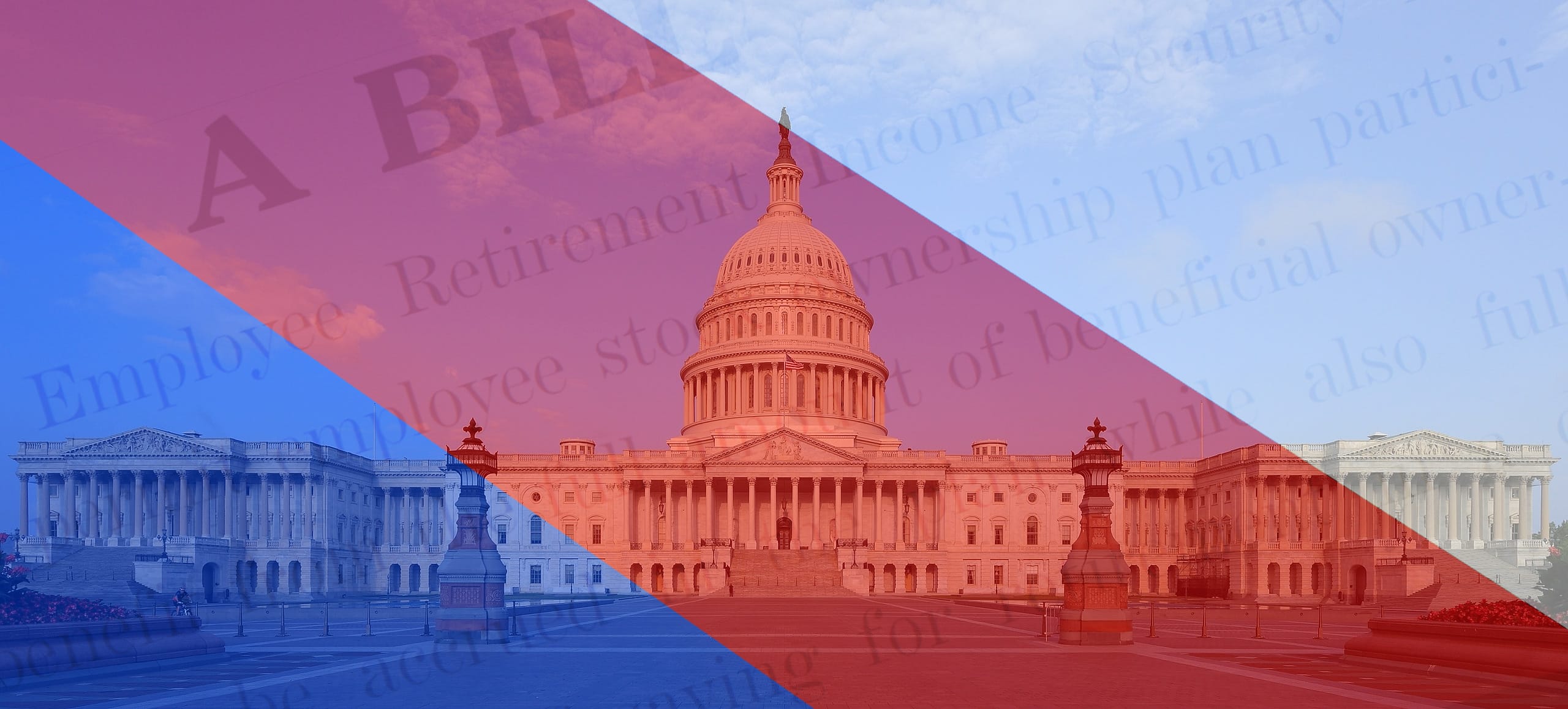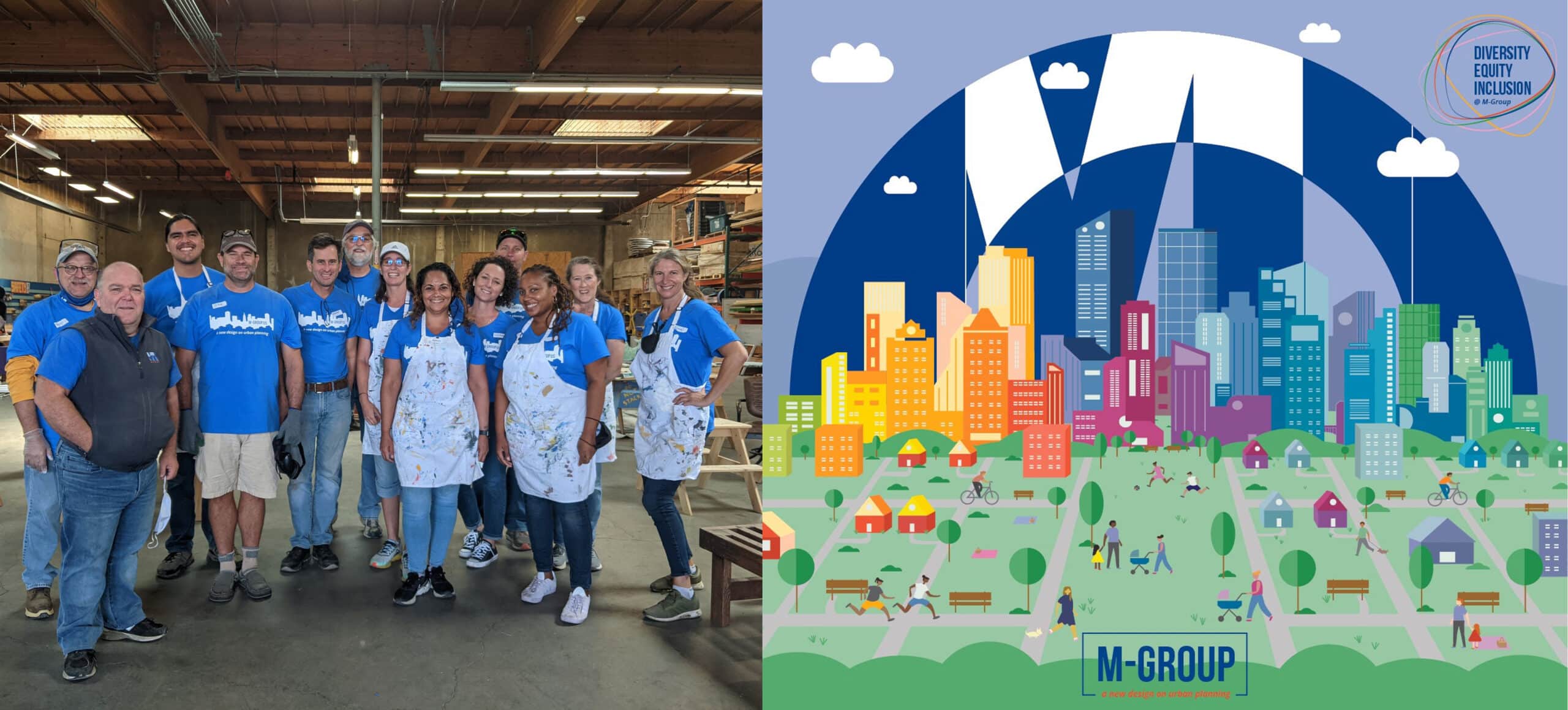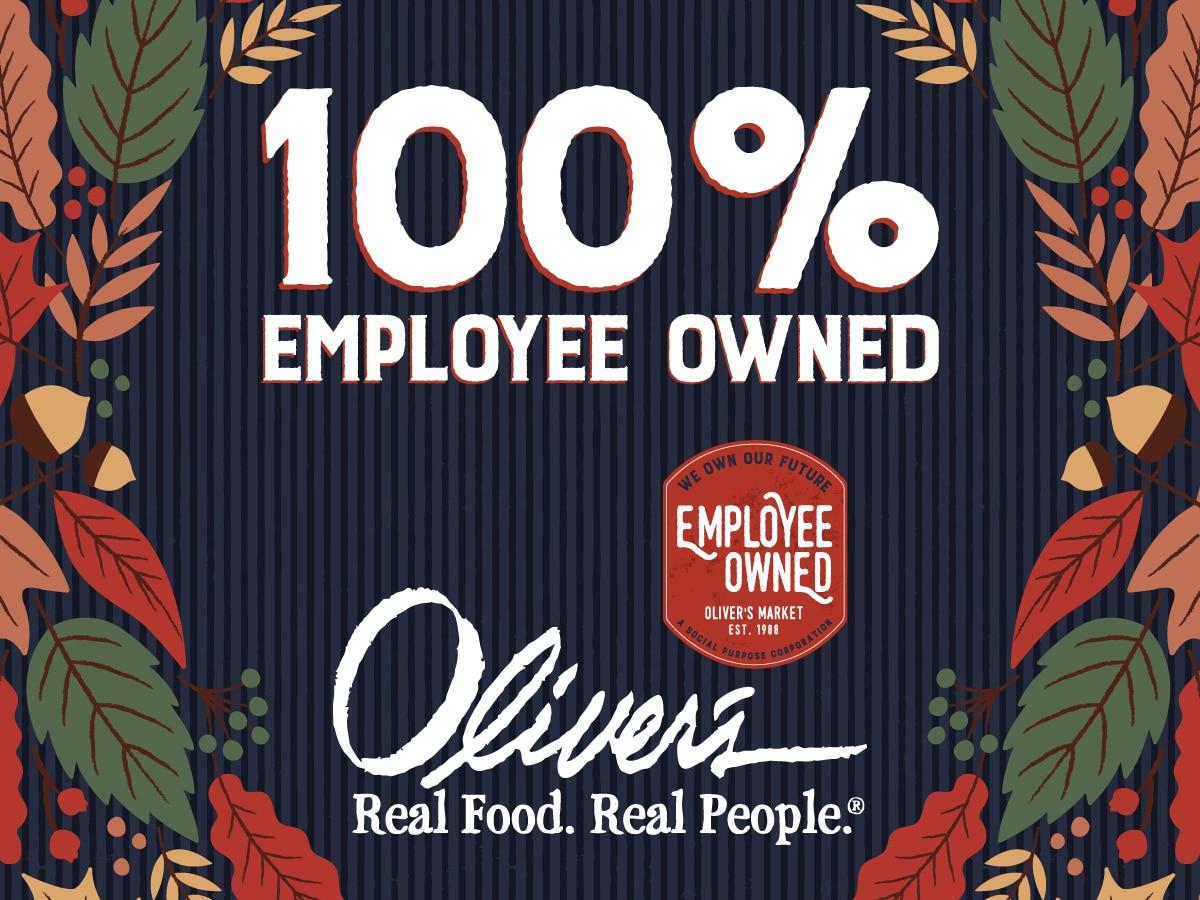In a rousing keynote address to The ESOP Association, newly confirmed Secretary of Labor Lori Chavez-DeRemer signaled a sea change in federal policy toward Employee Stock Ownership Plans (ESOPs). Her remarks marked the strongest pro-ESOP stance from a sitting Labor Secretary in recent memory—and possibly ever.
A Secretary with ESOP Street Cred
Chavez-DeRemer brings a unique perspective to the Department of Labor. A former U.S. Representative from Oregon with firsthand experience supporting ESOP legislation like the Employee Equity Investment Act, she has long been a vocal ally of the employee ownership movement. Now, with the bipartisan support of 67 Senators behind her, she’s positioned to convert advocacy into action.
In her address, Chavez-DeRemer wasted no time confronting what many in the ESOP world have called an entrenched culture of skepticism at the DOL. “We are here to undo the culture of harassment which stunted the growth of your industry for too long,” she declared, drawing enthusiastic applause.
A Policy Pivot: From Oversight to Opportunity
For years, ESOP companies have faced an uphill battle with the Department of Labor’s Employee Benefits Security Administration (EBSA). Aggressive investigations, slow rulemaking, and adversarial litigation created an environment that deterred business owners from pursuing employee ownership transitions.
But Chavez-DeRemer promised a new approach: “We are working to scale back harmful regulations, slash bureaucratic red tape, and protect the integrity of wealth-building tools like ESOPs,” she stated.
She also previewed a “comprehensive evaluation of EBSA enforcement priorities” and expressed support for the swift confirmation of Daniel Aronowitz as Assistant Secretary for EBSA—a move widely interpreted as a step toward reforming the agency’s ESOP enforcement tactics.
The Numbers Don’t Lie: ESOPs Are Working
Secretary Chavez-DeRemer highlighted the scope and impact of the ESOP sector:
- 6,700+ ESOP companies nationwide
- Over 14 million employee-owners
- $2 trillion in wealth-producing assets
- $175 billion distributed annually to workers in plan payouts
These numbers reinforce what ESOP advocates have long asserted: employee ownership is a transformative economic model that strengthens local communities, builds retirement security, and aligns worker and business interests.
Why This Moment Matters
The Secretary’s speech comes amid growing bipartisan recognition of ESOPs as a powerful tool for economic equality and business resilience. With labor policy at an inflection point, Chavez-DeRemer’s pledge to “support you—not regulate you into oblivion” felt less like a talking point and more like a manifesto.
She also stressed that ESOPs don’t just “create jobs—they sustain families.” Drawing on her own experience as a mother and new grandmother, she struck an emotional chord with her audience by tying ownership to generational stability and prosperity.
Looking Ahead: Will the Promise Match the Policy?
The Secretary’s speech comes amid growing bipartisan recognition of ESOPs as a powerful tool for economic equality and business resilience. With labor policy at an inflection point, Chavez-DeRemer’s pledge to “support you—not regulate you into oblivion” felt less like a talking point and more like a manifesto.
She also stressed that ESOPs don’t just “create jobs—they sustain families.” Drawing on her own experience as a mother and new grandmother, she struck an emotional chord with her audience by tying ownership to generational stability and prosperity.
The full speech can be viewed here.






